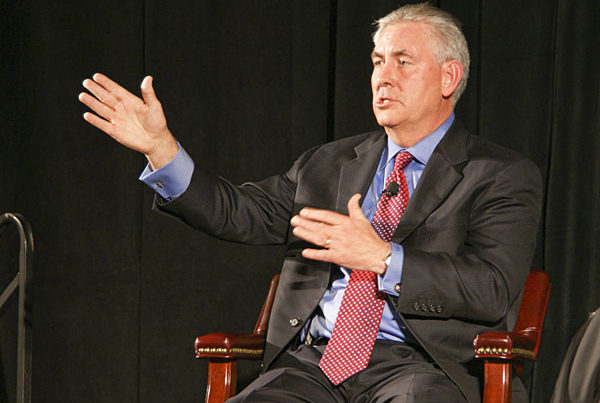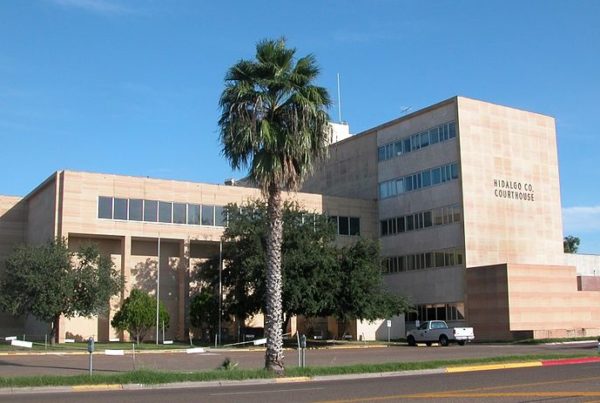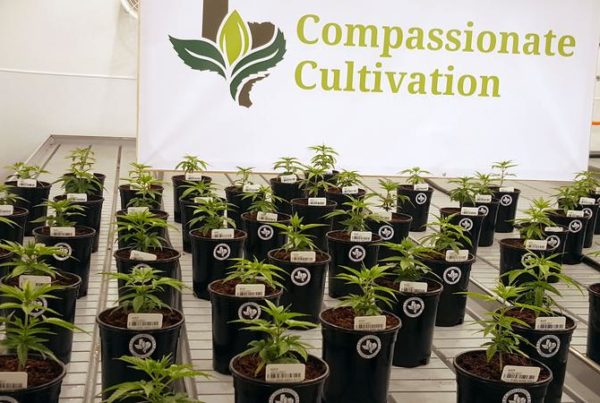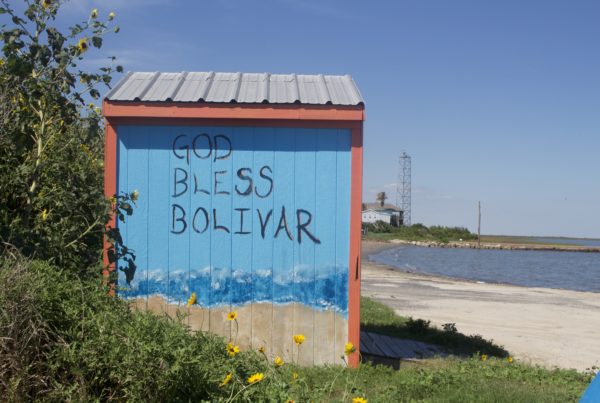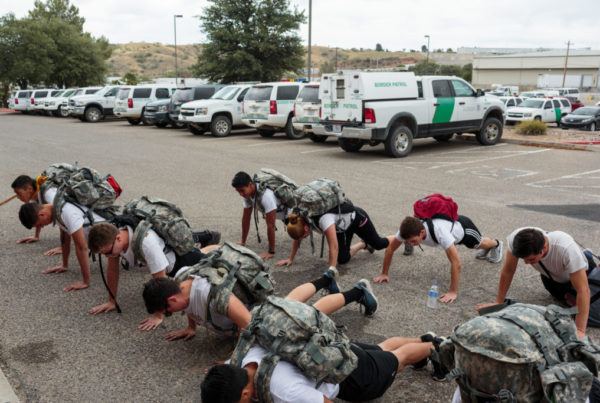In Dallas, Mavericks are basketball players. In Vermont, it’s maple syrup, with a kick.
But perhaps you consider yourself a maverick. Lewis Fisher has written a linguistic whodunit, called “Maverick,” to get to the bottom of what has been called one of the least understood and most corrupted words to have originated in the old west.
Fisher’s wife is a member of the Maverick family, which explains how he was first exposed to this lifestyle.
“Eventually I just suddenly realized, there’s so many stories here that there’s got to be a book somewhere in here,” he says.
The word ‘maverick’ originates from a Texas pioneer named Samuel Augustus Maverick, who was a cattleman. Fisher says Maverick’s employees did not brand his cattle. So when cattle wander away, unbranded, ranchers who found them assumed they were Maverick’s animals.
But there are many theories circulating of what others consider truth, Fisher says that’s what made this book so fun to write.
The word maverick soon took on other shapes – adverb, noun, verb, adjective. Fisher says the word’s malleability is only part of the reason it’s so popular.
“It’s a very easy word to say, like a brand name. It ends with a snap and rolls off the tongue very easily,” he says. But thanks to the unbranded nature of the cattle, it begins to mean unconventional, out of the ordinary or rambunctious. “Everybody likes to be called that at one time or another.”
Fisher first wrote this book to help set the story straight. He says the word has been taken for granted in South Texas.
“I don’t think any of us down here really appreciate it…how widespread the word has become as a brand worldwide,” he says.
For Fisher maverick will always mean a person who is unconventional, defies traditional ways of doing things and isn’t worried about what people think or their results.
“They just go their own way and keep moving.”
Written by Dani Matias.





